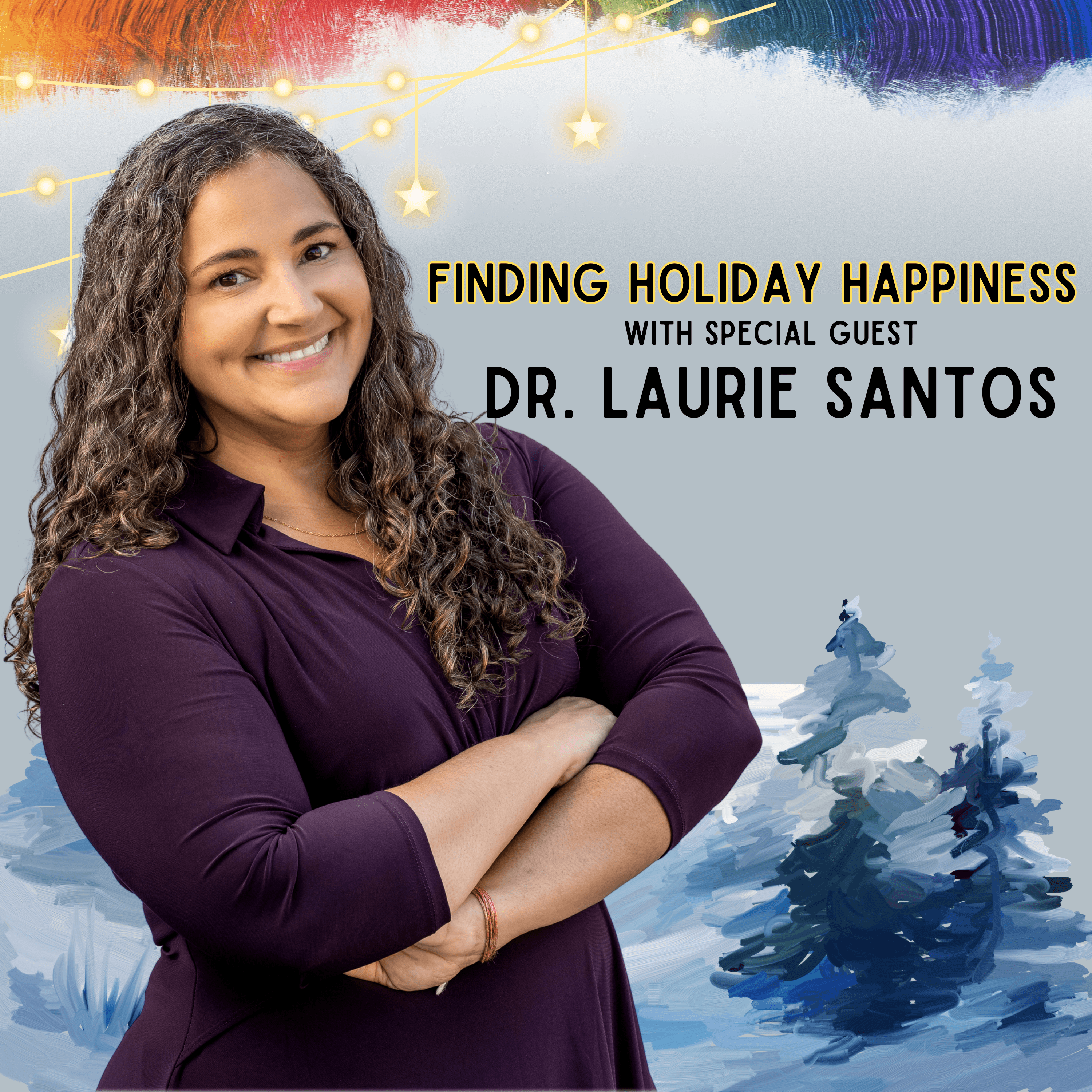
How God Works: The Science Behind Spirituality
PRXWhile religion and science often seem at odds, there’s one thing they can agree on: people who take part in spiritual practices tend to live longer, healthier, and happier lives. The big question is: Why? In How God Works, professor Dave DeSteno takes us on a journey to find out how spirituality impacts our minds and bodies, as well as the world in which we live.
He speaks to leading scientists and philosophers, religious thinkers, and thought leaders to explore what we can learn from the world’s faith traditions to help us meet some of life’s biggest challenges. Along the way, he’ll look at how we can adapt and use spiritual practices in our own lives, whatever our beliefs, including none at all.
It’s by working across the boundaries that usually divide us – science versus religion, one faith versus another – that we’ll find new ways to make life better for everyone.
While religion and science often seem at odds, there’s one thing they can agree on: people who take part in spiritual practices tend to live longer, healthier, and happier lives. The big question is: Why? In How God Works, professor Dave DeSteno takes us on a journey to find out how spirituality impacts our minds and bodies, as well as the world in which we live.
He speaks to leading scientists and philosophers, religious thinkers, and thought leaders to explore what we can learn from the world’s faith traditions to help us meet some of life’s biggest challenges. Along the way, he’ll look at how we can adapt and use spiritual practices in our own lives, whatever our beliefs, including none at all.
It’s by working across the boundaries that usually divide us – science versus religion, one faith versus another – that we’ll find new ways to make life better for everyone.

























































































Religion & Mental Health Part 2: Addiction

When it comes to treating addiction, twelve-step programs like Alcoholics Anonymous are some of the most often used in the US. But while twelve-step programs have several components, one of the most central is surrendering control to a higher power. But how important is that idea? Does relying on a divine influence help or hurt? And might there be other routes to recovery?
We’ll talk with bestselling author and New York Times opinion writer Maia Szalavitz about what the research on addiction and addiction recovery shows, as well as her own path out of drug abuse. And we’ll discuss the relationship between perceptions of “divine control” and personal wellbeing with sociologist Laura Upenieks.
Maia Szalavitz is the author of Undoing Drugs: How Harm Reduction is Changing the Future of Drugs and Addiction. Learn more about the book, and her other writings, on her website.
Laura Upenieks is an Assistant Professor of Sociology at Baylor University. Learn more about her research here.
If you or someone you know is struggling with addiction there are many resources out there to help. Among the options Maia recommends exploring to see if they are right for you: SMART Recovery, Women for Sobriety, and Alcoholics Anonymous.